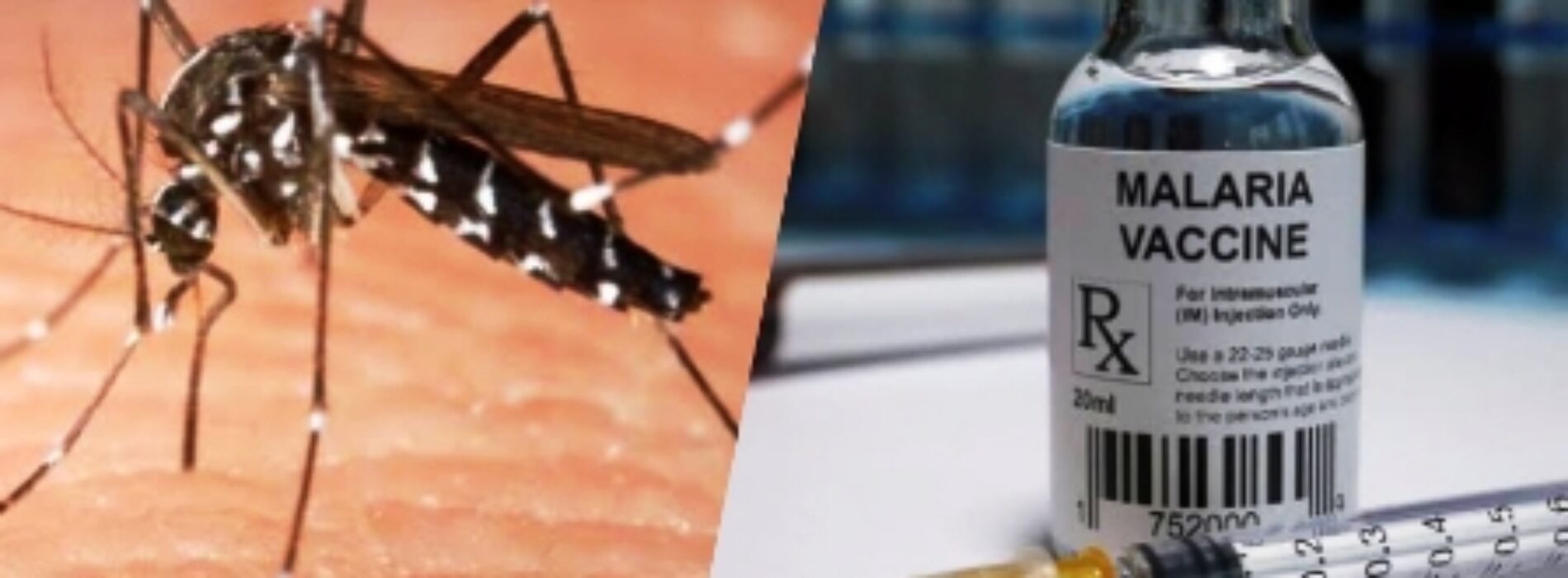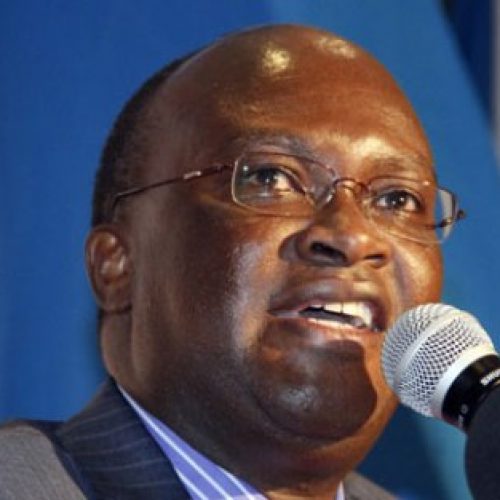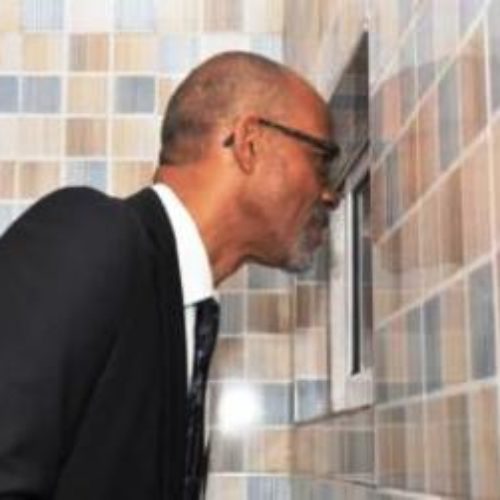At last, Africa to begin vaccination against malaria as Gavi opens applications for vaccine roll-out support
All is set for the world’s first-ever mass vaccination against malaria as the Global Alliance for Vaccine And Immunization (GAVI) opens a process for countries to apply for funding and support towards the roll-out of the historic vaccine.
The opening of the application window follows the WHO’s recommendation for wider routine use of the RTS,S/AS01 malaria vaccine in October 2021 and a subsequent decision by the Gavi Board in December 2021 to approve an initial investment of US$ 155.7 million for the 2022–2025 period. The vaccination programme was additionally supported by a US$ 56 million investment through a “de-risk” agreement with manufacturer GSK and innovative financing partner MedAccess.
A statement from GAVI said however that the first application window which closes 13 September, will be limited to only Kenya, Ghana and Malawi, the three countries that participated in the vaccine’s multi-year pilot programme “in recognition of the technical requirements of rollout and the need to provide tailored support to countries.”
Other African countries with moderate to high transmission of Plasmodium falciparum malaria will however benefit from the second window which opens at the end of the year and closes in January. But they must have submitted their expressions of interest during the first funding window to signal interest so that they can be provided with the needed support to submit quality applications.
“The work towards a malaria vaccine has been long and hard,” said Gavi CEO Dr Seth Berkley. “Today we begin a new chapter: alongside existing interventions, this new tool will allow us to save more lives in countries hit hardest by this killer disease.”
The World Health Organization (WHO) today welcomed the launch of the landmark opportunity for countries to apply for funding to introduce the vaccine.
WHO noted that malaria remains a primary cause of childhood illness and death in sub-Saharan Africa. In 2020, nearly half a million African children died from malaria – or 1 child died of malaria every minute.
The organization also observed that since the world’s first malaria vaccine was introduced in 2019, it has been well accepted in African communities after a relatively short period of time.
“Demand is high even in the context of COVID-19: vaccination performance for the first dose is reaching between 73% to over 90% coverage, depending on the country, with no major disruptions during the pandemic. To date, about 1.3 million children have benefitted from the vaccine in the three African pilot countries.
“Gavi’s new funding opportunity brings us one step closer to reaching millions more children across Africa with the lifesaving RTS,S malaria vaccine,” said Dr Matshidiso Moeti, WHO Regional Director for Africa. “Throughout the pandemic, when routine health services faced myriad challenges, parents and caregivers diligently brought their children to clinics and health posts to get the malaria vaccine. They know all too well that lives are being lost to malaria every day and are eager to protect their children from this deadly disease.”
“The long-awaited malaria vaccine for children is a breakthrough for science, child health and malaria control. It is projected that – at scale – using this vaccine could save tens of thousands of young lives each year, but we will need an increased supply of the vaccine so Africa can reap the benefits of this additional tool for malaria prevention,” said Professor Rose Leke, a malaria disease expert from the University of Yaounde in Cameroon, and co-chair of the expert group that advised WHO on a framework to allocate the currently limited malaria vaccine supply.
“A vaccine has been the missing piece in the malaria toolkit since UNICEF first took up the fight against malaria decades ago, making this very welcome news,” said Etleva Kadilli, Director of UNICEF’s supply and procurement headquarters. “We look forward to working with Gavi, WHO and other partners to bring this vaccine to the children who need it.”
Gavi announced that it would work with countries to provide orientation and technical assistance to ensure quality planning and country readiness “in view of future application windows. Applications will be reviewed by the Gavi Independent Review Committee (IRC), and successful applicants will then have a period of implementation planning support before rollout.”
About author
You might also like
Kenya bans HIV drug
James Macharia Kenya’s Health Minister The Kenyan Health ministry has directed officials across the country to stop prescribing a HIV drug linked to birth defects in HIV-positive women. The directive
COVID-19: Lagos isolates 6 more
3 test negative A family of four children and their teacher who recently returned from the United States of America and suspected for COVID-19 has been isolated at the Biosecurity
NAFDAC seizes N60m fake drugs
The National Agency for Food Drugs Administration and Control (NAFDAC) has confiscated fake drugs worth N60millon from a warehouse in Lagos. This was contained in a press statement signed by






0 Comments
No Comments Yet!
You can be first to comment this post!